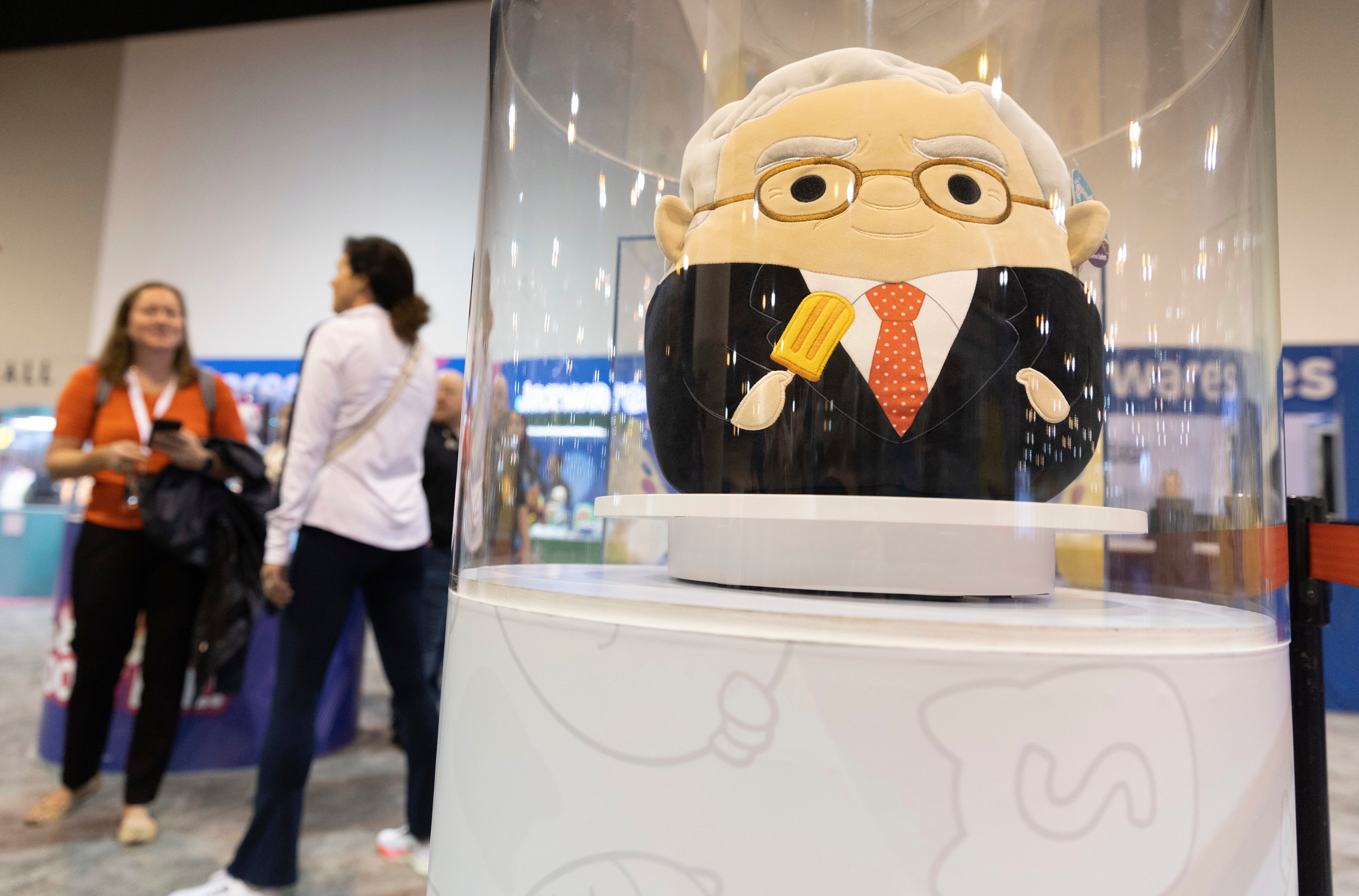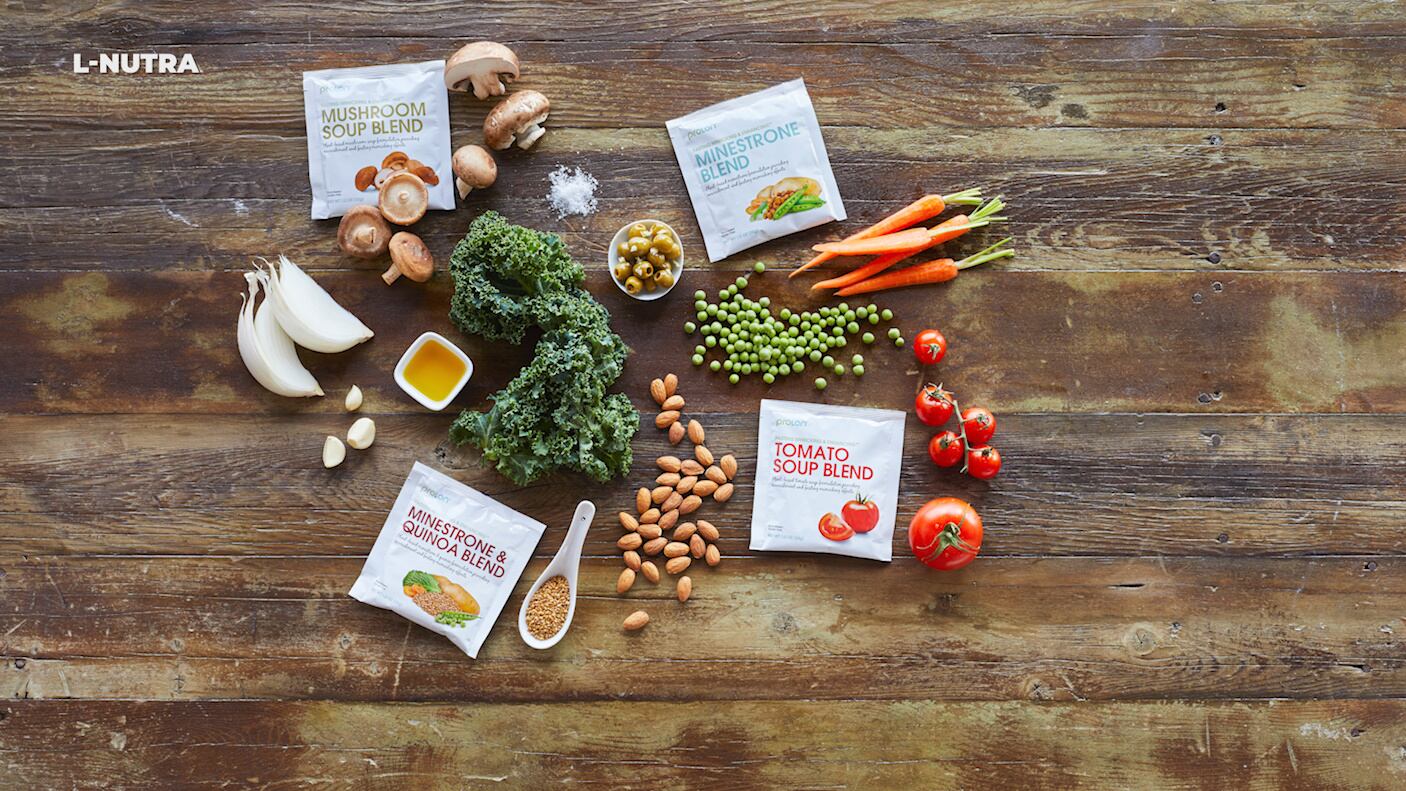While multiple pharmaceutical companies look for vaccines to fight against coronavirus, others are getting into the business of reducing symptoms of the disease that often cause hospitalization.
Pharmaceutical giant Eli Lilly announced significant progress this week with its antibody treatment, called LY-CoV555, which appears to reduce the number of COVID-19 patients admitted for care.
"We believe that the data that we generated could be a real turning point in the fight against the coronavirus," said Andrew Adams, vice president of new therapeutic modalities and COVID-19 research.
"This is the first time we have a real understanding of the virus in the outpatient setting," he told Cheddar. "This data represents, really, a first in terms of potential options for patients in the future should this data bear out in bigger studies."
The drugmaker has also conducted a successful round of trials using rheumatoid arthritis drug baricitinib and antiviral medication remdesivir to reduce the number of days a patient requires hospitalization
When comparing the two options, Adams said deciding which treatment better suits patients depends on how long an individual has been living with the virus. People that have been hospitalized as a result of COVID-19 are more likely to have more internal damage "because of the inflammatory reaction to the virus" and likely benefit more from the baricitinib and remdesivir cocktail.
"In the prophylactic setting, for example, in the nursing homes, you likely wouldn't see the same kind of benefit as you'd see in a hospitalized setting because the immune system isn't as involved yet in the symptoms of the disease," he explained.
When it comes to costs, Eli Lilly says it's keeping families in mind, especially as medical bills and other expenses pile up amid the pandemic. Adams said the company is also working with physicians and patients to get a better understanding of their needs.
"The key guiding principle from our leadership team here at Lilly is making sure that patients who need access to our medicines in the coronavirus space get their access — around the globe, not just here in the U.S.," Adams said.












